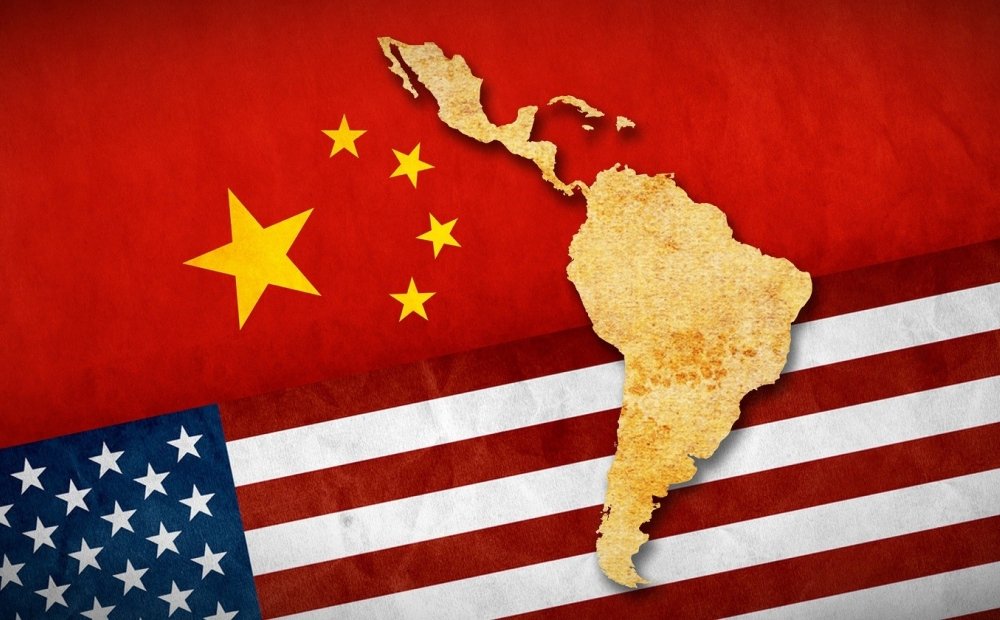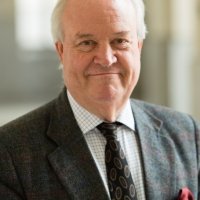Another Great Leap Forward? China and Latin America in Turbulent Times

Since the publication of its first policy paper on Latin America in 2008, China has rapidly expanded its political and economic engagement in the Western Hemisphere.
Trump administration officials have warned of the predatory nature of Chinese influence, but many regional leaders have been anything but leery. Competition with Chinese exports hurt the manufacturing sectors in Mexico and Central America; but the trade in commodities between countries of South America and China during the first decade of the 21st century led to record growth rates in the region and historic reductions of poverty. Massive Chinese lending and investment in infrastructure provide an alternative to financing from the West, with further increases promised by Chinese President Xi Jinping.
At a time of rising U.S. protectionism, what relative future roles will China and the United States play in the economies of Latin American and Caribbean countries? Will China benefit as the region seeks deeper integration with Asia in general, through the Pacific Alliance and the Trans-Pacific Partnership, from which China is currently excluded? Are Latin American development goals compatible with Chinese interests, and if so, why? Do rising tensions between the United States and China over a host of issues, from trade to North Korea, threaten to embroil the region in great power competition? How relevant an actor is Taiwan?
We were joined by the Latin American Program and Kissinger Institute on China and the United States on Thursday, June 14, from 9:30 a.m. to 11:30 a.m., to discuss the role of China’s global trade and investment strategy in the region, the perspective of Latin America toward China as well as China toward the region, and the possible consequences for U.S. foreign policy in both political and economic terms.
Image Credit: CGTN America
Speakers

Research Professor, Boston University; Co-editor, FIXING HAITI : MINUSTAH AND BEYOND.

Associate Professor of Political Science and International Affairs, George Washington University

Introduction

Moderator

Hosted By

Latin America Program
The Wilson Center’s prestigious Latin America Program provides non-partisan expertise to a broad community of decision makers in the United States and Latin America on critical policy issues facing the Hemisphere. The Program provides insightful and actionable research for policymakers, private sector leaders, journalists, and public intellectuals in the United States and Latin America. To bridge the gap between scholarship and policy action, it fosters new inquiry, sponsors high-level public and private meetings among multiple stakeholders, and explores policy options to improve outcomes for citizens throughout the Americas. Drawing on the Wilson Center’s strength as the nation’s key non-partisan policy forum, the Program serves as a trusted source of analysis and a vital point of contact between the worlds of scholarship and action. Read more


Kissinger Institute on China and the United States
The Kissinger Institute works to ensure that China policy serves American long-term interests and is founded in understanding of historical and cultural factors in bilateral relations and in accurate assessment of the aspirations of China’s government and people. Read more
